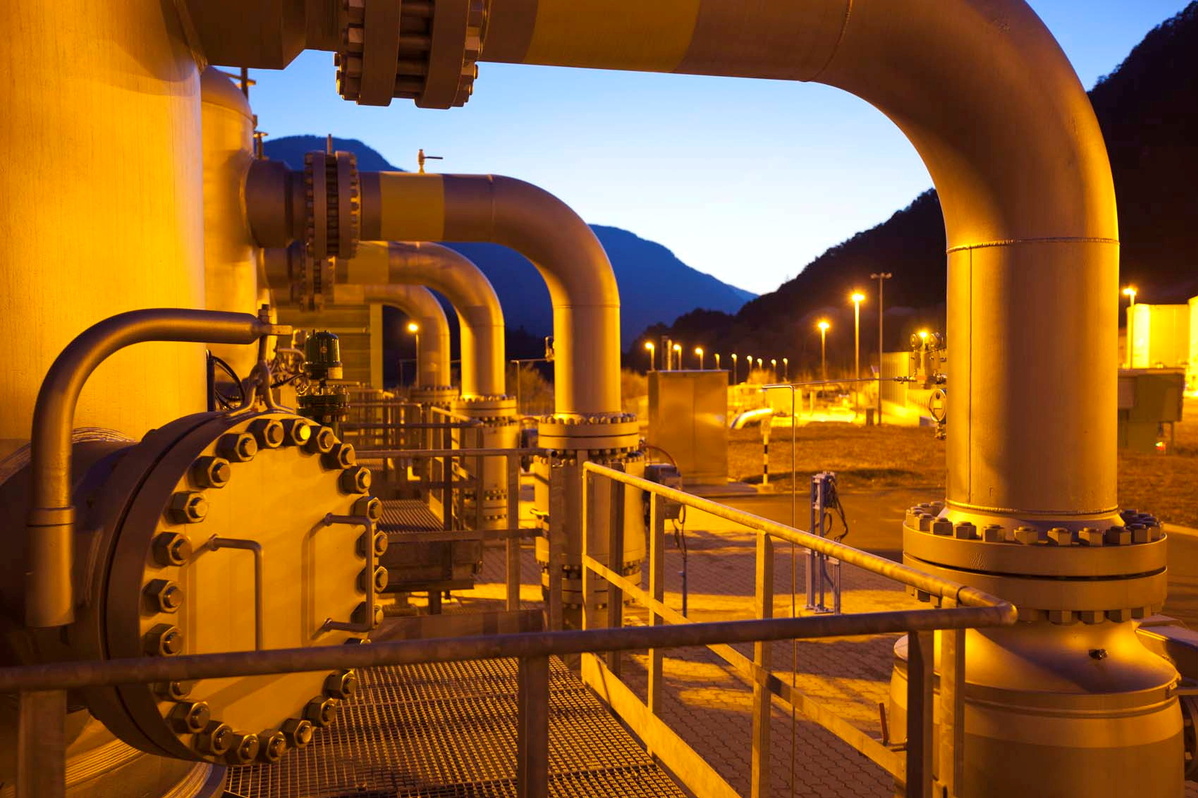Italy eager to end its need for Russian gas
By EARLE GALE in London | China Daily Global | Updated: 2022-04-22 09:28

State-owned buildings in Italy - including schools, libraries, and government offices - will be hotter than usual this summer because of a federal drive to reduce reliance on Russian gas.
The Mediterranean country, where August temperatures usually exceed 30 C, announced this week it will not let the managers of public buildings set air conditioners to anything less than 25 C. During the winter, public buildings must not be heated above 19 C.
The rules will kick in on May 1 and remain in place until the end of March.
The government said it made the move because of the prohibitively high cost of energy, and also to signal to Russia its disapproval of the situation in Ukraine.
"Do we want to have peace or do we want to have the air conditioning on?" Prime Minister Mario Draghi said ahead of the unveiling of Operation Thermostat.
Rome also agreed on Wednesday to buy more natural gas from the southern African country of Angola. It recently signed deals with countries including Algeria, Egypt, and the Congo Republic to buy more of their gas exports.
Draghi told the Corriere della Sera newspaper: "We do not want to depend on Russian gas any longer, because economic dependence must not become political subjection. Diversification is possible and can be implemented in a relatively short amount of time-quicker than we imagined just a month ago."
He said Italy will also support any sanctions or embargos the European Union places upon Moscow, in spite of the fact that it has traditionally imported around 45 percent of its natural gas from Russia.
The Il Messaggero newspaper said people who break the rules could face fines of between 500 euros and 3,000 euros ($546 and $3,275).
The paper said hospitals will be exempted from the rules, but family homes could end up being included.
Renato Brunetta, the minister for public administration, said the move should save between 2 billion and 4 billion cubic meters of gas a year. However, the savings are small in comparison to Italy's gas imports from Russia, which total around 29 billion cubic meters a year.
The Guardian newspaper quoted lawmaker Angela Masi as saying Italy's government is "setting a good example" by "cutting waste and raising awareness among citizens about rationalizing consumption".
"It's a simple way to contribute and reduce dependency on gas," Masi said.
The Reuters news agency said Rome thinks it will be able to wean itself off Russian gas by the second half of next year.
The country's ecological transition minister, Roberto Cingolani, told La Stampa newspaper on Thursday Europe's willingness to buy Russian gas had been a "serious geopolitical mistake of the last 20 years".
"It is pointless to think of solving it in a month," he said, but he insisted it would, nevertheless, eventually be resolved.
























